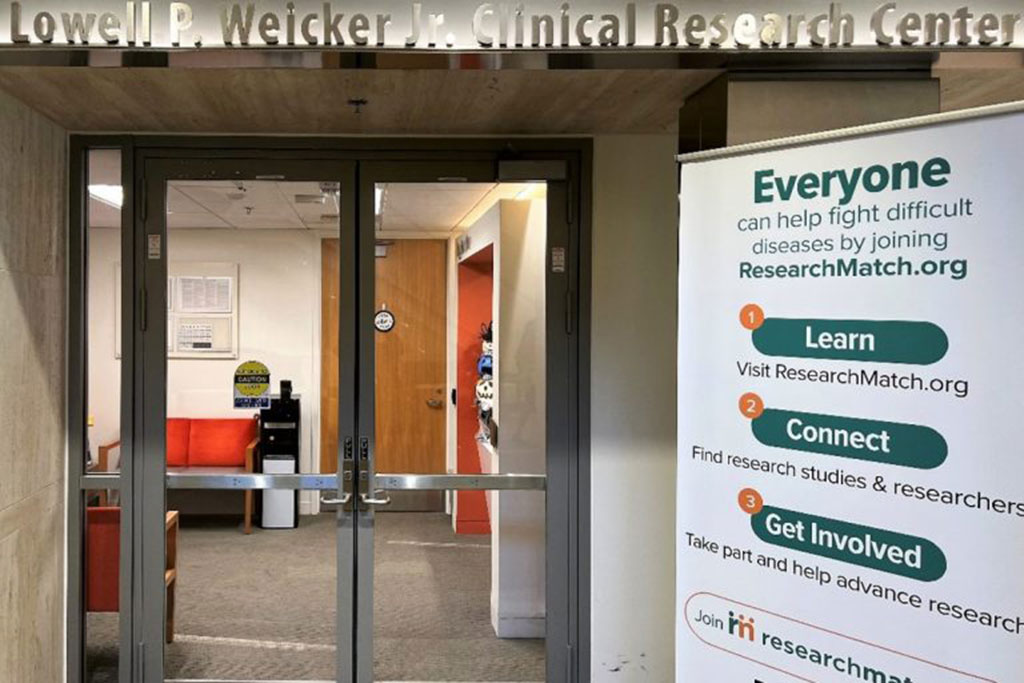According to the Vietnam Internal Medicine Association, about 7 million Vietnamese people suffer from gastroesophageal reflux disease (GERD), with 60% not receiving timely treatment. This disease can lead to serious complications such as stenosis and esophageal cancer. Dr. CK2 Nguyen Phuc Minh, head of the Department of Gastroenterology at Binh Dan Hospital, shared these statistics at a conference on the treatment of GERD.
GERD occurs when stomach fluid and food reflux into the esophagus, causing symptoms or complications. The disease is caused by changes in the gastroesophageal valve, which prevents it from closing tightly. This allows acid and bile to flow into the esophagus. Symptoms of GERD include sore throat, heartburn, difficulty swallowing, chest pain, and more.
Patients with GERD often receive long-term medication but still experience relapses. Complications can include inflammation, narrowing of the esophagus, and difficulty eating or drinking. If left untreated, GERD can cause lifelong symptoms and increase the risk of developing esophageal cancer.
Treatment for GERD usually involves proton pump inhibitors (PPIs) for about 8 weeks. If symptoms persist, surgery may be necessary. Patients need a thorough evaluation before deciding on surgery, including measuring esophageal peristaltic pressure and pH levels. Professor Ninh Nguyen and doctors at Binh Dan Hospital performed anti-reflux valve plastic surgery using the Omega 300 AP technique for two patients with persistent GERD and hiatal hernia.
To prevent GERD, maintaining a healthy weight, avoiding lying down immediately after eating, and avoiding foods that increase stomach acid are recommended. Sleeping with your head elevated and on your left side can also help manage GERD and improve quality of life.
In summary, GERD is a common disease that affects millions of Vietnamese people each year without proper treatment leading to serious complications such as stenosis and esophageal cancer. Treatment options are available but require careful evaluation before surgery is considered while prevention measures can help manage symptoms effectively to improve overall quality of life



